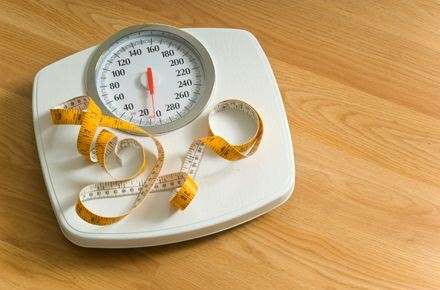Choosing the right diet can be confusing. Which is the best choice to have in your corner when seeking to move from the heavyweight to the lightweight division? A low carb diet or a low calorie diet?
There has been enough media fervor over carbohydrates and dieting to fill several weeks of regular television programming. In fact carbohydrates have garnered so much attention their very name has been morphed into a shorthand version of itself: carb. Ask a member of the post-Atkins diet rage what a carbohydrate is and they might not know.
The Fuss
It is really inspiring to think that a thing as simple as eating less bread and sugar can transform a life. For far too many, the carbohydrate avoidance diets have been full of empty promises. Is the diet itself to blame?
This is not a simple question. Research has shown that people who follow these low carb diets to the letter of the law, right down to the very last gram of sugar, lose weight, often in significant amounts. But it might not be the magical formula of avoiding bread and anything like it.
Most, if not all, low carb diets stipulate a maximum daily calorie count. These calorie caps are usually quite low, in some cases as low as 1,200 calories per day. Almost any moderately active person is going to lose weight eating only 1,200 calories a day even if all 1,200 calories are derived from nothing but pure table sugar.
The Muss
Where does that leave the low carb fervor? Frankly, up a creek without a breadstick or paddle. The dieting public is always on the look out for the next medical breakthrough, the newest miracle diet. Low carb diets can work and are very well suited for the metabolisms and body chemistry of some individuals. It cannot be forgotten, however that calories, are found in anything and everything that is eaten.
The simple avoidance of one food group is more likely to result in nutrient or energy deficiencies than anything else if proper steps aren’t taken to replace the vital nutrients supplied by that group.
When it comes to weight loss a body hampered by nutritional imbalances is even less likely to give up its precious fat stores and the vitamins trapped therein. There is a time proven formula for weight loss that has stood the test of time for decades: eat less, move more. Low carb diets, whether the dieter recognizes it or not, still adhere to that basic rule.
How to Improve Your Diet
Okay, so we've established that cutting out an entire food group likely isn't the best course of action. So, what are some things you can do that go beyond the generic advice of “just eat less”? Let's cover a few.
First, you'll want to increase your intake of protein. Protein is a great aid to the body when it comes to weight loss and muscle gain, which is why you'll often see athletes eating chicken until they're blue in the face. Chicken and turkey are fantastic sources of protein, since they're also low in fat. Any meat that is high in protein but low in fat is an excellent choice.
Second, you don't need to avoid sugary and fatty foods entirely! Many people on a diet mistakenly assume their days of eating cake and pizza are over. You simply need to make sure it fits into your daily calorie limit. Focus on eating the healthier food groups first, and then see if you have any room left for the junkier food.
Third, you can't forget about water. Many people don't drink nearly enough water each day, and that's a real shame. You're certainly doing your body a disservice by not drinking enough water. Aim to drink at least 8-10 glasses of water a day, spread out over the course of your entire day.
Finally, talk to a nutritional specialist if you're really struggling to find the right foods to eat. They can look at your specific situation and tailor a dieting plan for you. Sometimes, all you need is a plan that's meant for just you. Everyone's body is different, and from there everyone's dieting needs are different.
The image featured at the top of this post is ©Mike Flippo/Shutterstock.com.
